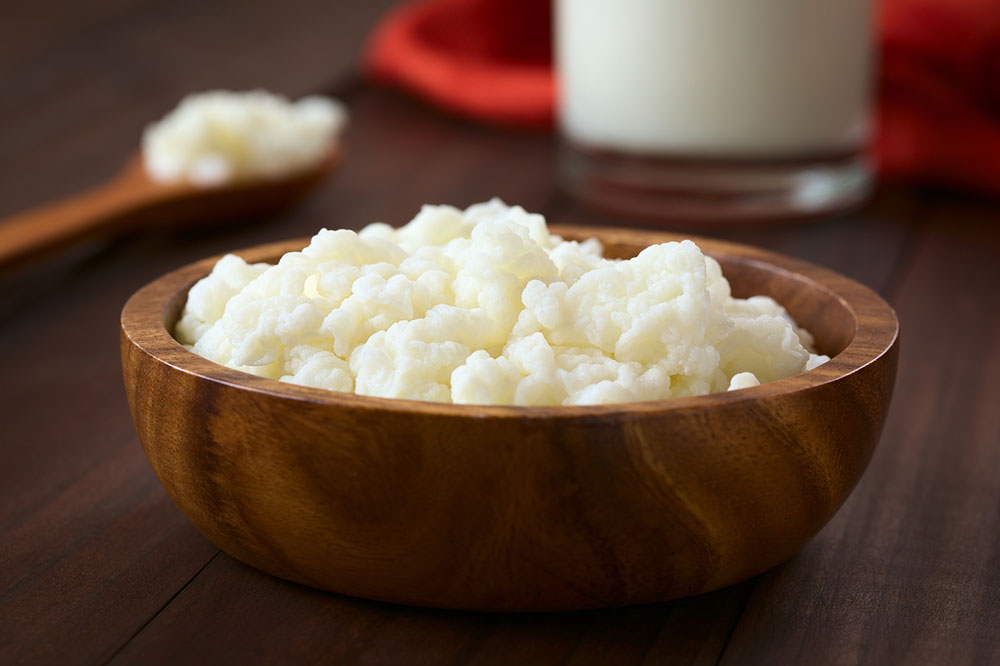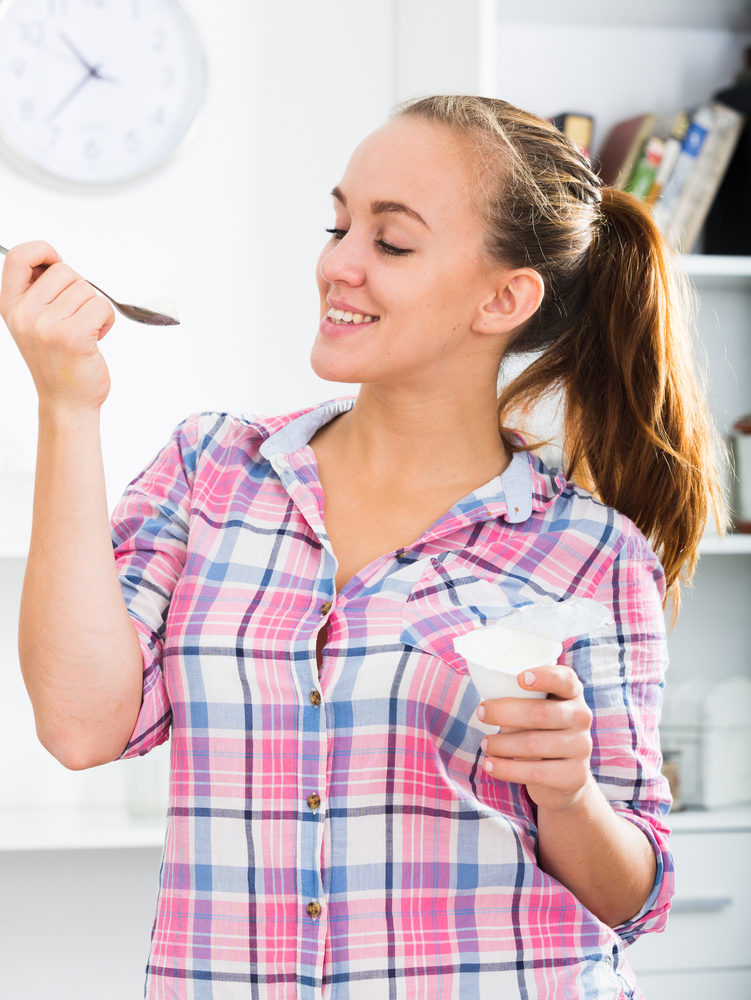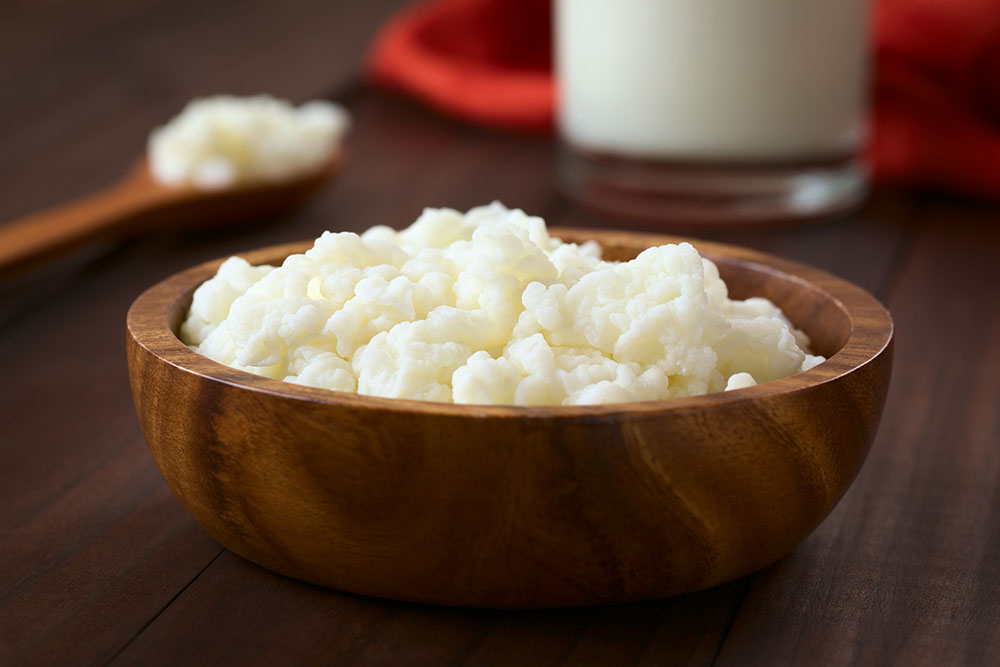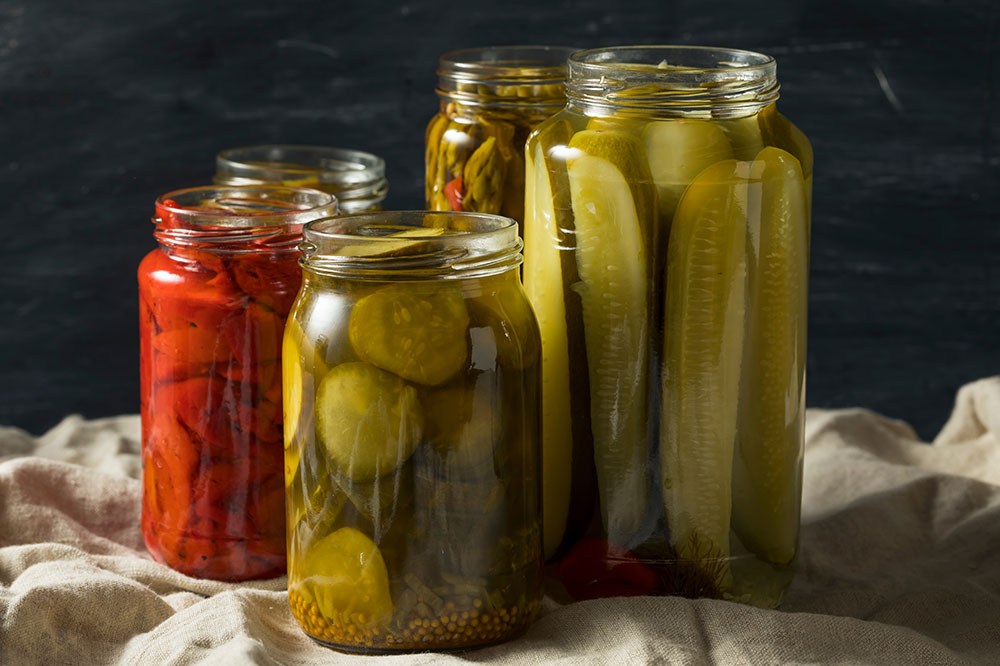7 Essential Probiotic Foods to Enhance Digestion During Diverticulitis Recovery
Discover the top 7 probiotic foods that can enhance digestive health and support recovery during diverticulitis treatment. Learn how yogurt, sourdough bread, sauerkraut, kefir, and more can help restore gut balance, reduce inflammation, and promote healing. Dietary adjustments play a crucial role alongside medical treatment, and incorporating these probiotic-rich options into your daily routine can improve overall gut health and prevent future flare-ups.
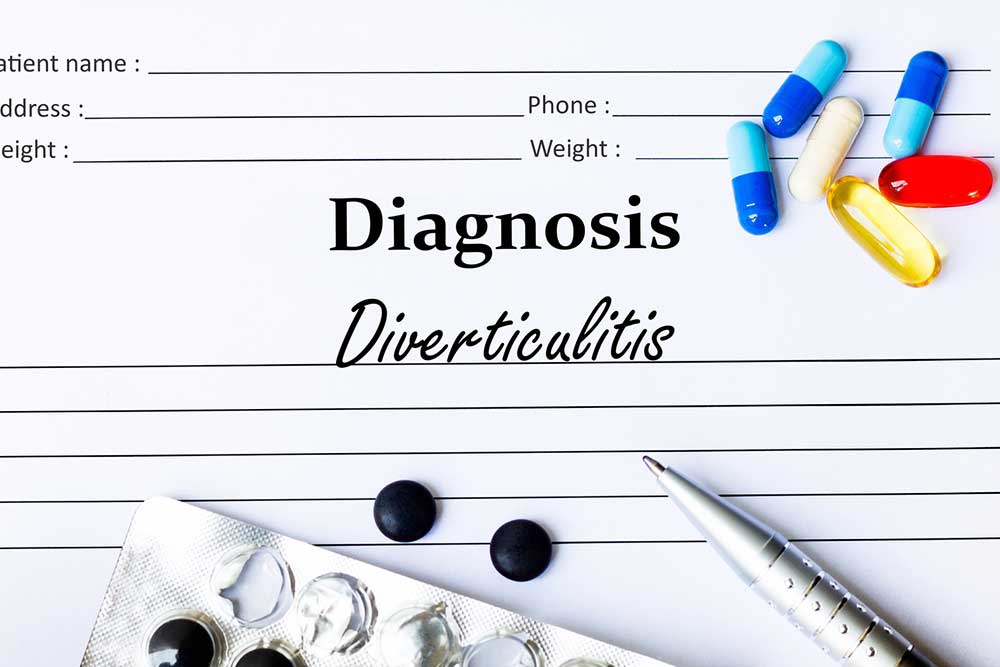
Top 7 Probiotic Foods for Supporting Healing in Diverticulitis Patients
Diverticulosis, a prevalent condition among older adults, is characterized by the formation of small pouches in the colon walls. When these pouches become inflamed or infected, the condition progresses to diverticulitis, which often results in severe pain in the lower left abdomen along with other gastrointestinal symptoms. Managing diverticulitis typically involves medical interventions along with strategic dietary modifications. Incorporating foods rich in probiotics can play a significant role in aiding recovery by restoring a healthy balance of gut bacteria and reducing inflammation. Understanding how to include probiotic foods in your diet can enhance digestive health and support faster healing.
The Role of Probiotics in Diverticulitis Management
Diverticulitis disrupts the natural microbiota of the gut, impairing digestion and immune response. This imbalance can exacerbate symptoms and hinder recovery. Consuming probiotic-rich foods introduces beneficial bacteria into the digestive system, helping to reestablish a healthy microbial community. These probiotics help reduce inflammation, improve intestinal barrier function, and promote gut motility. Key probiotic strains such as Lactobacillus acidophilus and Bifidobacterium lactis are naturally present in many fermented foods and are especially effective in supporting individuals dealing with diverticulitis. Incorporating these foods can contribute to a more resilient gut environment, potentially decreasing the frequency and severity of flare-ups.
Integrating probiotic foods into your daily diet is a proactive step toward restoring gut health and facilitating faster healing. These foods help maintain microbial diversity and prevent pathogenic bacteria from establishing dominance. Here are some of the best probiotic foods to include in your diet for diverticulitis recovery:
1. Yogurt
Yogurt remains one of the most accessible and beneficial probiotic foods. It is rich in live cultures like Lactobacillus acidophilus and Bifidobacterium bifidum, which support gut health. Choosing plain, unsweetened yogurt ensures maximum probiotic content without added sugars. Yogurt can be enjoyed on its own or used as a base for smoothies, topped with fruits, nuts, or seeds to enhance nutritional value and flavor. Both full-fat and low-fat options offer health benefits, with full-fat yogurt providing extra satiety and flavor complexity. Regularly consuming yogurt can help reduce inflammation and restore gut flora balance, making it a staple in diverticulitis-friendly diets.
2. Sourdough Bread
Sourdough bread is created through a fermentation process involving beneficial lactic acid bacteria, making it inherently probiotic-compatible. This process not only enhances flavor and texture but also introduces probiotics into your diet. Sourdough bread contains prebiotics—fibers that nourish the probiotic bacteria—further supporting gut health. It can be used for sandwiches, toast, or as a side bread with various meals. Incorporating sourdough bread regularly can improve digestion, support intestinal health, and promote a balanced microbial environment within the gut, all of which are vital during diverticulitis recovery.
3. Sauerkraut
This fermented cabbage dish is a rich source of probiotics and enzymes beneficial for gut health. Its crisp texture and tangy flavor make it a versatile addition to many meals. Sauerkraut can be served as a side dish, added to salads, or used as a topping for sandwiches and hot dogs. Consuming a few spoonfuls daily supplies the gut with healthy bacteria that help reduce inflammation and support intestinal healing. When selecting sauerkraut, opt for unpasteurized varieties to ensure probiotic content remains intact, as pasteurization can kill beneficial bacteria.
4. Pickled Cucumbers
Fermented pickles, especially cucumbers preserved through natural fermentation, are excellent sources of probiotics. They are easy to prepare at home or available commercially. To make fermented pickles, cucumbers are submerged in a seasoned brine containing dill, garlic, and salt, then left to ferment at room temperature. These crunchy pickles can be eaten as side dishes or toppings, providing a probiotic boost in a flavorful way. Regular consumption supports digestive health, helps maintain the integrity of the gut lining, and can alleviate some symptoms associated with diverticulitis.
5. Kefir
Kefir is a fermented milk beverage that packs a potent probiotic punch. It is made through the fermentation of milk with kefir grains containing a complex community of bacteria and yeasts. Rich in multiple strains of beneficial bacteria, kefir supports gut flora diversity and immune health. It has a tangy flavor, similar to drinkable yogurt, and can be consumed alone or added to smoothies, cereals, or salad dressings. Its versatility makes it easy to incorporate into daily routines, providing continuous support for digestive health and faster recovery from diverticulitis flare-ups.
6. Fermented Beets
Fermented beets are gaining popularity as a probiotic-rich superfood. They can be purchased pre-made or fermented at home. These vibrant, nutrient-dense root vegetables contain natural probiotics that promote healthy digestion and reduce inflammation. Enjoy fermented beets chilled or at room temperature as a side dish, or incorporate them into salads, sandwiches, or grain bowls. Their natural sweetness and earthy flavor make them a delicious and gut-friendly addition to your diet. Including fermented beets can enhance digestion and support the healing process during diverticulitis recovery.
7. Cottage Cheese
This soft, mild cheese is a good source of probiotics, especially when labeled as containing live active cultures. Cottage cheese can be eaten plain, added to salads, used as a dip, or blended into smoothies. Its creamy texture and mild flavor make it a versatile ingredient that supports digestive health. Regular consumption of probiotic cottage cheese can help balance gut bacteria, reduce bloating, and improve overall gut function, facilitating quicker recovery from diverticulitis symptoms.
To maximize gut healing, supplement these probiotic foods with a high-fiber diet rich in fruits, vegetables, and whole grains—always under the guidance of a healthcare professional. Remember, dietary changes should be tailored individually, especially during diverticulitis flare-ups, to prevent aggravating the condition. For additional tips, searching for “best foods to heal diverticulitis” can provide further guidance. Maintain regular communication with your healthcare provider to monitor progress and ensure your nutritional plan supports complete healing.
